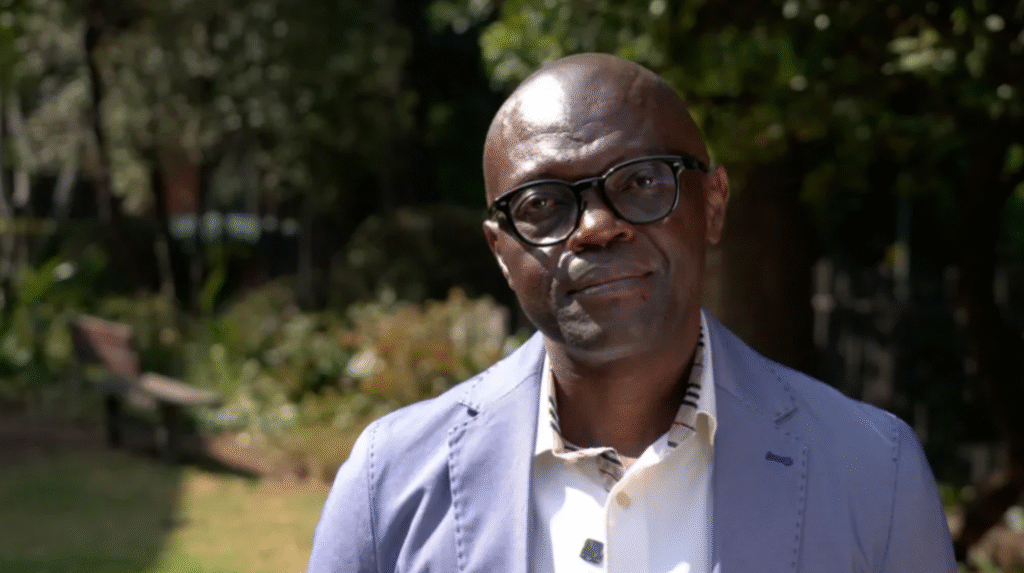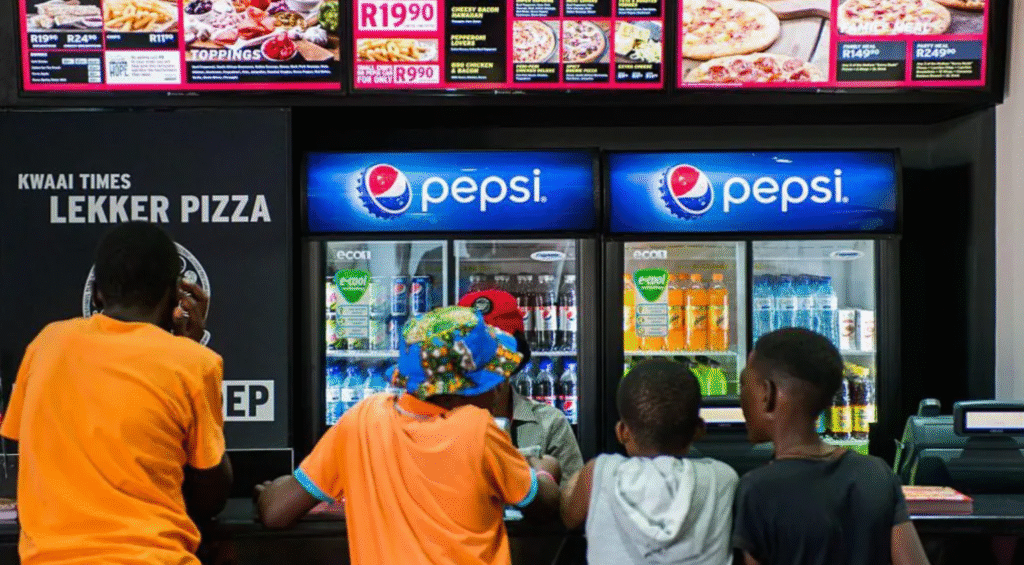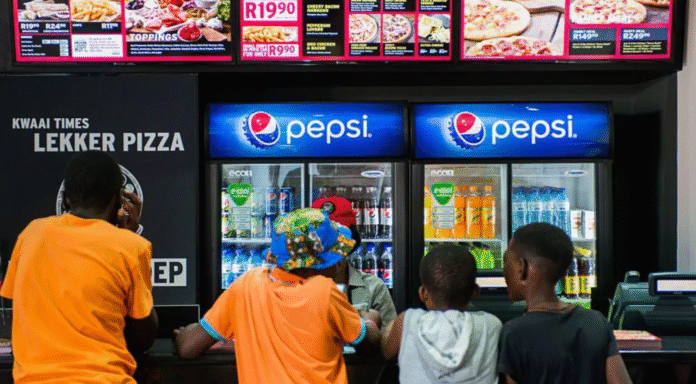Childhood Obesity South Africa: A Growing Crisis
Childhood obesity South Africa is no longer a future concern, it’s a present reality. For the first time in history, the number of overweight children has surpassed those who are underweight. According to the UN, the number of overweight and obese teenagers worldwide has nearly tripled in just two decades, with South Africa ranking among the hardest-hit nations.
At the Kairos School of Inquiry in Randburg, steps are being taken to fight this crisis head-on. Children are served meals like kitchari, a wholesome mix of rice and lentils, instead of processed foods. Parents are encouraged to pack only whole foods in lunchboxes, helping students learn the importance of mindful eating early in life.

The Scale of Childhood Obesity South Africa
The numbers are staggering. Globally, overweight children aged five to nine have risen from 69 million to 147 million. In South Africa, about 22% of children under five are already overweight or obese, a sharp increase from 13% in 2016.
The issue starts early — research shows nearly 80% of baby foods sold in South Africa are high in sugar. Aggressive marketing of fast food and sugary products exposes children to unhealthy choices long before they understand the consequences.
Why Childhood Obesity South Africa Is Rising
1. Convenience Over Nutrition
As cities expand and lifestyles grow busier, families turn to fast food. Once a rare treat, it has become a daily routine. South Africa’s fast food market, valued at $2.7 billion in 2018, is projected to reach $4.9 billion by 2026.
2. Social and Cultural Influence
For many, fast food is not just food but a symbol of success. Growing up, some children see junk food as aspirational, making it even harder to change eating habits later.
3. Environmental Challenges
Unicef highlights that it’s not just individual willpower. How can parents promote healthy habits when every street corner is lined with fast food ads and convenience stores filled with sugary products?
The Human Face of Childhood Obesity South Africa
Take Mamkhabela Mthembu, a 23-year-old trainee lawyer. Raised by her grandmother, she once saw fast food as a luxury. But at university, living above a fast food restaurant, convenience turned into addiction. Today, she struggles with weight-related health issues, including breathing problems.
Or Sophia, an eight-year-old diagnosed with a rare autoimmune disease. Steroid treatments caused her weight to skyrocket to 107 kg (236 lbs). Despite her mother’s efforts with special diets and exercise, maintaining a healthy weight remains a battle, worsened by the constant temptation of fast food.
Government Response to Childhood Obesity South Africa
In 2018, South Africa introduced a sugar tax on sweetened drinks. While it was a step in the right direction, obesity rates continue to climb.
The Ministry of Health has proposed new measures:
-
Front-of-pack nutrition labeling (FOPL) to highlight sugar, fat, and salt levels.
-
Marketing restrictions to prevent unhealthy food ads targeting children.
-
Ban on misleading health claims on junk food packaging.
Unicef urges stronger action, warning that without regulation, companies will continue exploiting children with aggressive advertising.
The Role of Schools in Fighting Childhood Obesity South Africa
At Kairos School, headteacher Marc Loon enforces a strict healthy food policy. Instead of crisps and sodas, children eat fruits, vegetables, and whole-grain sandwiches. He believes schools have a moral responsibility:
“If all schools were intentional about what children eat, the health of future generations would dramatically improve.”
Such initiatives show that with the right environment, children can adopt healthier habits that last a lifetime.

What Parents Can Do to Tackle Childhood Obesity South Africa
-
Choose whole foods: Fresh fruits, vegetables, legumes, and whole grains should dominate children’s diets.
-
Limit sugary snacks: Avoid high-sugar packaged baby foods and drinks.
-
Promote physical activity: Walking, swimming, and sports help prevent obesity.
-
Be role models: Children copy parents. Healthy eating at home creates lasting habits.
Why Childhood Obesity South Africa Matters Globally
Childhood obesity South Africa isn’t just a national health issue, it’s part of a worldwide epidemic. Poor and middle-income countries are experiencing the steepest rises in obesity. This trend threatens not only children’s health but also future healthcare systems, economies, and quality of life.
Conclusion: The Future of Childhood Obesity South Africa
Childhood obesity South Africa is a wake-up call. It’s not just about weight, it’s about long-term health, dignity, and opportunity for millions of children. While government policies like sugar taxes and food labeling are important, change begins at home and in schools.
The fight against childhood obesity South Africa requires collective action. Until stronger policies are enforced, local initiatives like Kairos School provide a roadmap for healthier, happier children.

